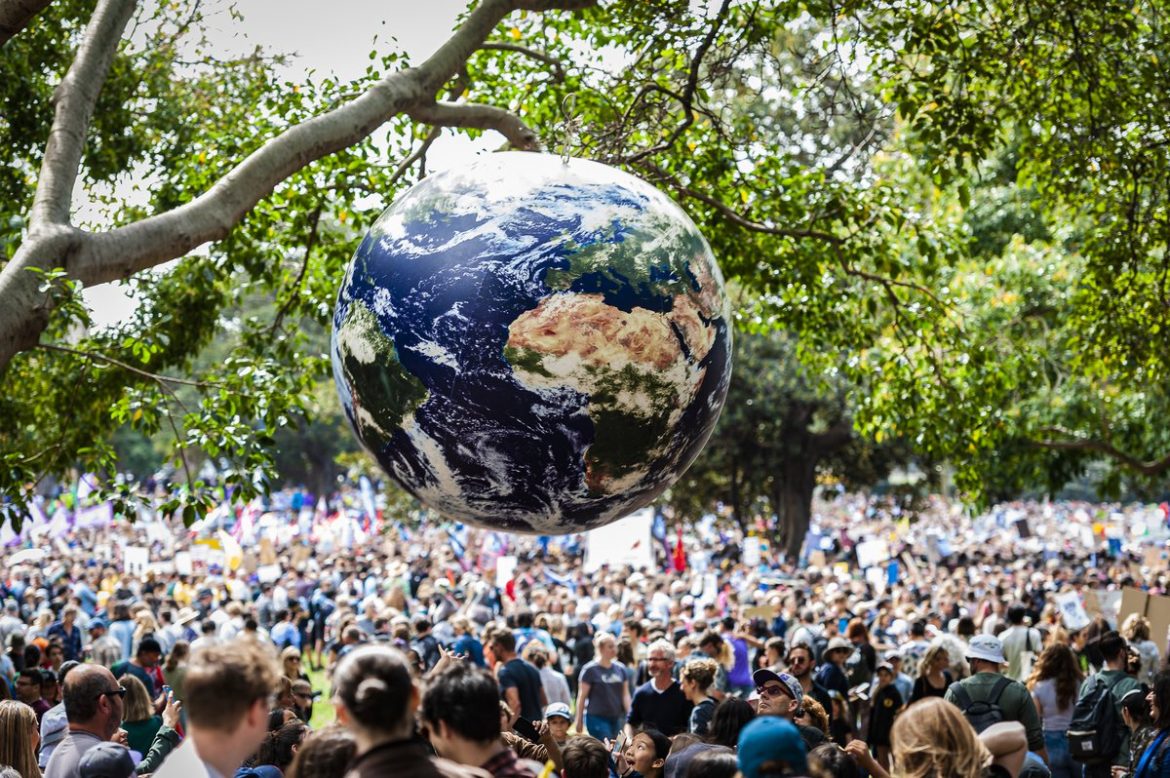Ahead of general elections slated for May in Australia, the Climate Council has called on all federal political parties and candidates to outline concrete steps to prepare and equip emergency services and communities for inevitable climate-fuelled disasters.
The council, which brings together climate scientists, health, renewable energy and policy experts, called on all parties to also acknowledge that the climate crisis was driving worsening disasters, including the “megafloods” in Queensland and New South Wales.
This latest call comes after the latest major assessment by the Intergovernmental Panel on Climate Change (IPCC) found global warming caused by humans was causing dangerous and widespread disruption, with many effects expected to be more severe than predicted.
Read also: Study shows amazon nearing tipping point
The Australian Industry Group also pointed out that Australia’s former competitive advantage in carbon-intensive energy was “gone” and that the country needed “coherent and efficient action” to build a new advantage in clean energy.
It said parties and candidates should also “explain to the public how in the next term of federal parliament they plan to get national emissions plummeting by rapidly scaling up readily available renewable energy and building an economy that is free from fossil fuels.
Ahead of the election, the Climate Council said: “too many leaders” were silent or absent on the climate crisis, and Australians were “paying a high price” for the lack of meaningful action.
“Climate change isn’t a footnote to the story of these floods. It is the story,” the Climate Council said in a statement on Monday, issuing a four-point call for all federal political parties and candidates which includes actively acknowledging “the destructive role that climate change is playing in driving worsening disasters including these megafloods”.
The council noted that now is the time to talk about the Morrison government’s inadequate response to climate change, because burning coal, oil, and gas is supercharging extreme weather.
It maintained that those who argue otherwise want debate gagged because they are failing to step up on this issue.
The coordinating lead author of an Australia-New Zealand chapter in the report and director of the Griffith University Climate Action Beacon, Prof Brendan said“One of the clear projections is an increase in the intensity of heavy rainfall events.”
Story was adapted from the Guardian.
